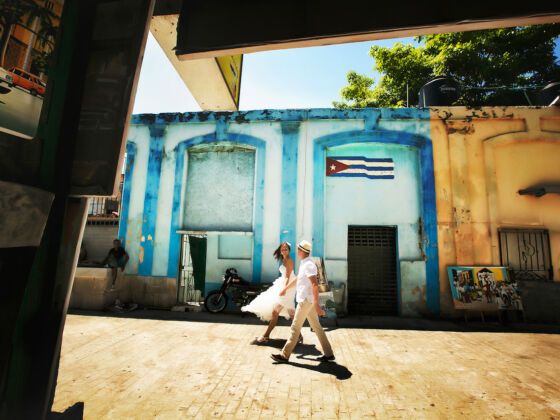Yesterday, December 17, American President Barack Obama and Cuban President Raúl Castro announced a major thaw in relations between the two countries. Full diplomatic relations have been restored for the first time since 1960, prisoners exchanged, and Obama used executive authority to significantly weaken the US trade embargo on Cuba.
Here’s what it all means for American travelers:
